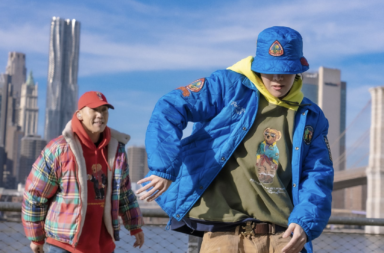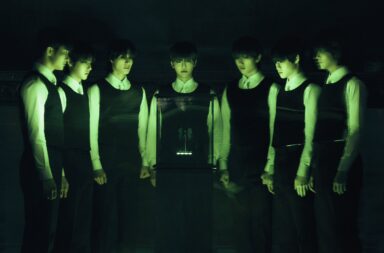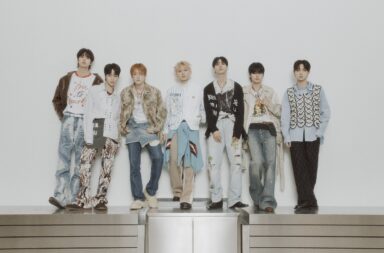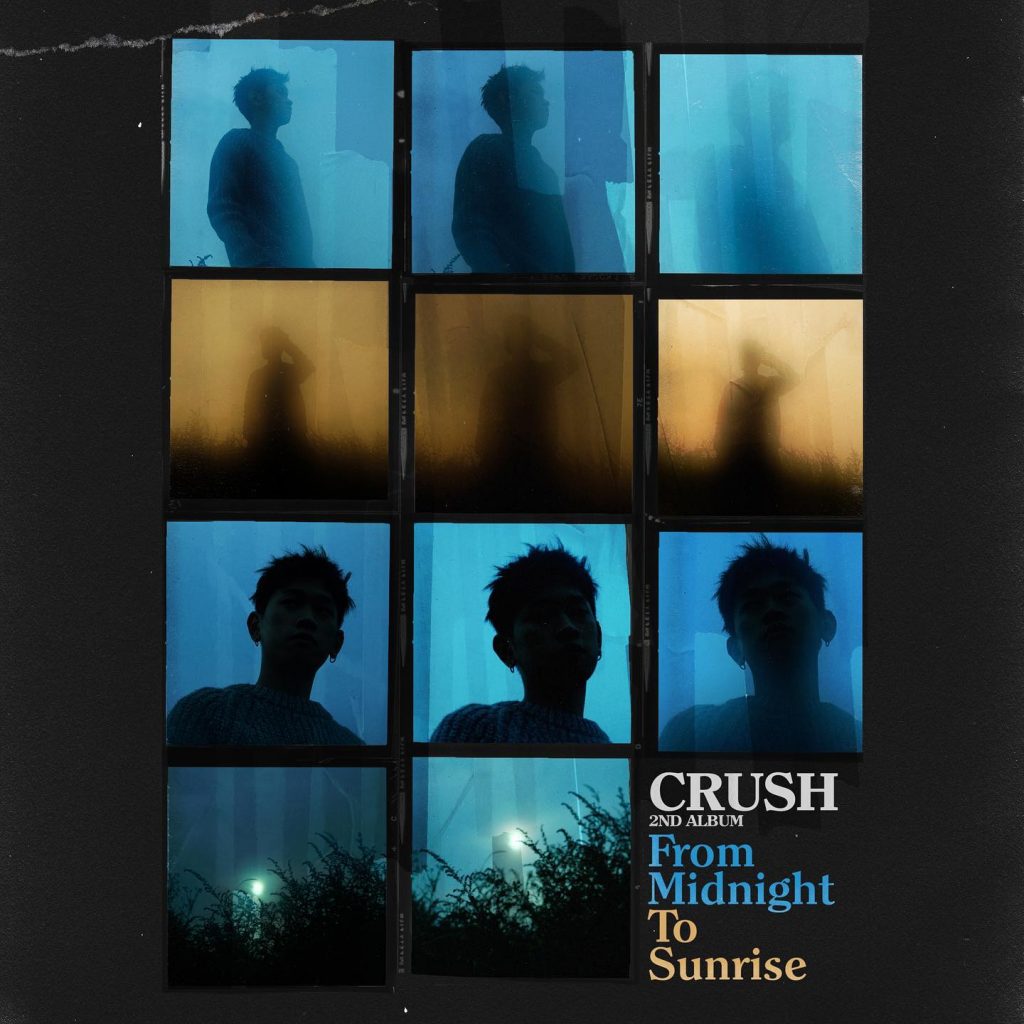
Korean RnB golden child Crush is back with his first full-length album since 2014’s Crush On You. Released on December 5th, From Midnight To Sunrise is composed of twelve tracks, delicately threaded together into one cohesive album telling a story of morning to night.
The album is the culmination of Crush’s more recent musical influences, mainly 80’s and 90’s RnB and jazz, as well as his general maturation as an artist. It’s markedly different from his debut effort, which saw him sing over highly produced pop, hiphop, and RnB tracks, like “Hug Me” featuring Gaeko and “Hey Baby” featuring Zion.T. While these were great songs in their own right, From Midnight To Sunrise forgoes this more saturated, synthetic sound in favour of soft percussion, muted instrumentation, and low-relief soundscapes that wash over you rather than hitting you square in the face.
Opening with the mostly instrumental “From Midnight To Sunrise”, Crush paints a picture of a quiet, dewy morning as it approaches dawn. Birdsong is the bridge between the end of this intro and “Wake Up”, featuring fellow Fanxy Child, Dean. Perfectly foreshadowed by the chord sequence of the intro, this six-minute sequence creates one of the more haunting moments on this album, encapsulating the concept more fully than some of the later songs.
One of Crush’s more welcome experiments has been his forays into acapella, which he first explored fully in his 2018 single, “None”. He brings the technique back for the interlude, “Wonderlust”, with soft beatboxing and vocal layers that build more texture than many of his instrumental choices on this album. He echoes it again on the final track with Zion.T, “Nighty Night”, and just like on “None”, it adds a lovely texture and substance that is endlessly interesting.
He follows up the interlude with the album’s two title tracks, “With You” and “Alone”. The former is an unapologetic tribute to 80-90’s slow jam RnB, referencing the likes of Whitney Houston with its electric piano, synth solo, and old-school drumbeats. The latter is a ballad, where Crush sings accompanied only by nostalgic electric pianos and orchestral embellishment. While musically it isn’t anything ground-breaking, Crush moves the listener with heartfelt lyrics and vocal delivery:
Trapped in the dark with no-one around
Finding yourself in the reflection of an abandoned mirror
Fighting through another day
When you’re drowning in sorrow so deep that tears can’t reach
I will hold you tight
In terms of composition, this is one of the less interesting sections of the album, borrowing too much from its influences and lacking innovation of its own. However, Crush’s lyric-writing and emotional singing help make the songs more memorable, and it effectively captures the overall sentimentality and delicacy of the album.
“Tiki-Taka” featuring DPR Live follows, as the most universally palatable (and thus somewhat boring) song on the album. It recalls the pop-RnB style that Crush is more well-known for, established by hits such as “Sometimes”. While there are some nice melodies on this track, it feels almost out of place with how trendy, light-hearted and chart-ready it is, compared to the album’s overall style, which is more emotional and experimental.
Crush quickly remedies this with the next song. Another haunting moment and highlight on the album, “Sunset” depicts something like a valley after rain, before the sun finally sets over the horizon – another beautiful piece of imagery. Trumpets add a warm, lifelike chorus when it rises from its quiet, acoustic melody into a gorgeous instrumental climax that is almost reminiscent of Bon Iver in its grandeur and indie influence. “Wonderlust” also included a brass section, and it seems to be one of his favoured sounds on this project.
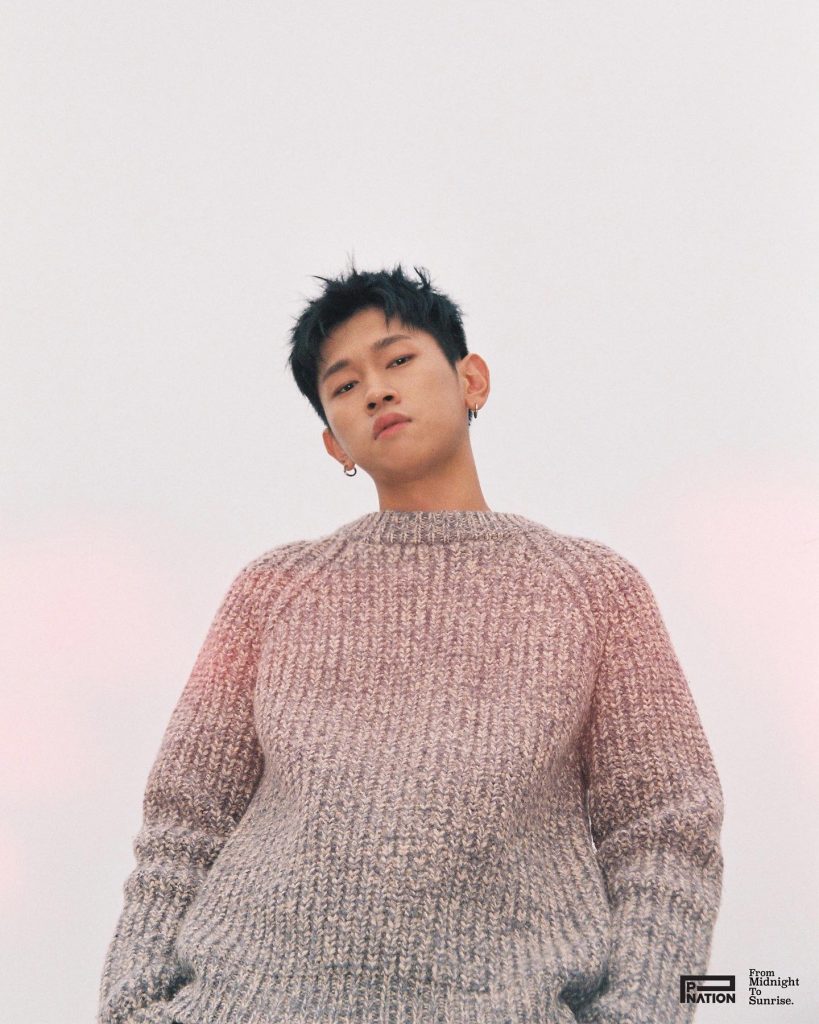
Brass riffs also adorn “Butterfly” and “Ibiza” on the record’s latter half. These songs mark a shift into darker sounds, as the day changes from “Sunset” into night. “Butterfly” is beautiful, with a slow, plodding beat, rhythmic bassline, and a sharp, high-pitched vocal hook that creates yet another haunting moment. He also experiments with the sound of his voice, pushing it into a scratchy, rough scream on the chorus. “Ibiza” is one of the more upbeat songs on the album, recalling Crush’s more club-oriented songs like “Oasis” and “Outside”. His rap verses are fun and entertaining, but the song’s chorus is weak, with vocal ad-libs that add little to the song’s substance.
The album’s final section brings the day to a close, beginning with the dark and enigmatic “Cloth”, progressing into the cosier “Sleep No More”, and ending with the sweet and simple “Nighty Night” featuring Zion.T. “Cloth” is perhaps one of the most ambiguously placed songs on the album and as a result, it feels forgettable, without much contribution to the overall theme. “Sleep No More” makes more of a mark with guitar-only instrumentation, while “Nighty Night” is perhaps the most enjoyable song on the album.
It references his old style while maintaining the minimalism that defines this whole album; simple and pure, it delivers its message without the layers of complexity that make some of the other songs less accessible. Zion.T’s feature is the most valuable on the record–in the space of a short verse, he tells a whole story, and the song’s light innocence complements his style perfectly.
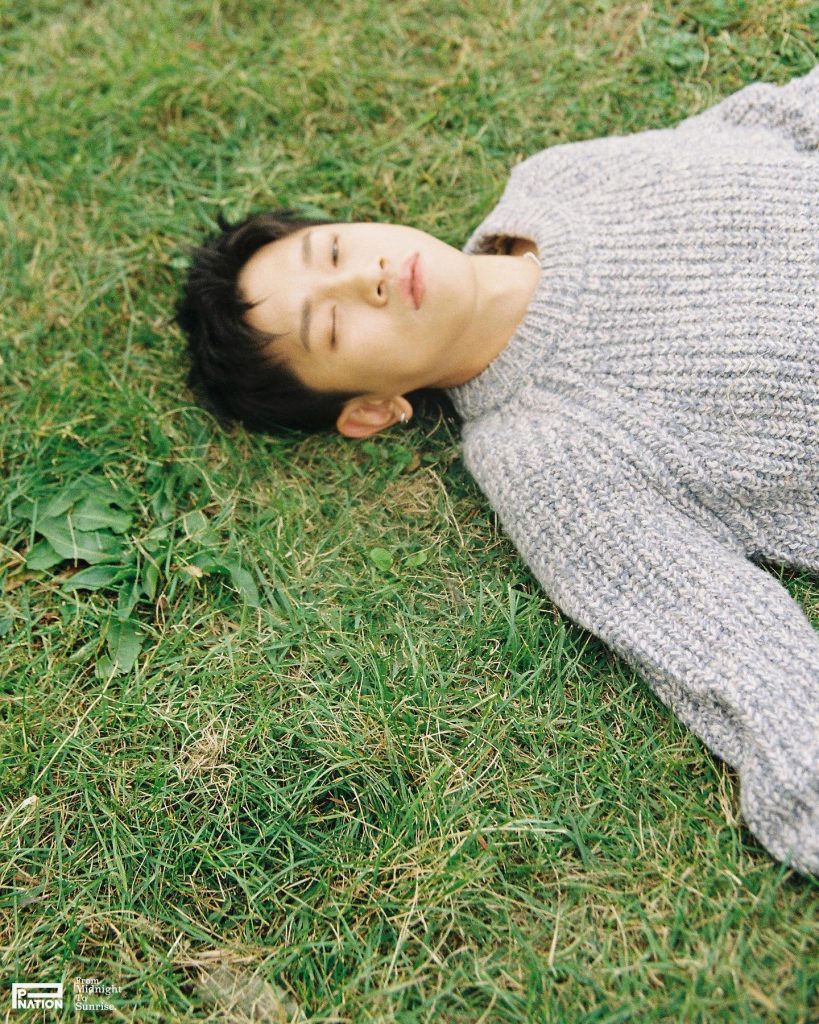
On From Midnight To Sunrise, Crush commits fully to a narrative concept that stretches the limits of his songwriting, borrowing from a plethora of obscure influences that will test the palatability of this album to mainstream audiences. While simple ballads like “Alone” will go down well with Korean listeners, especially at this time of year, songs like “Sunset”, “Butterfly” and “Nighty Night” are what his growth so far has ultimately led to, and they foreshadow his musical future as well. Few artists in the Korean musical industry pull from as wide a range of influences as Crush does, and the more he continues to explore the variety of genres out there, the more dynamic and interesting his own music will become.
(YouTube [1]. Images and lyrics via P Nation.)
